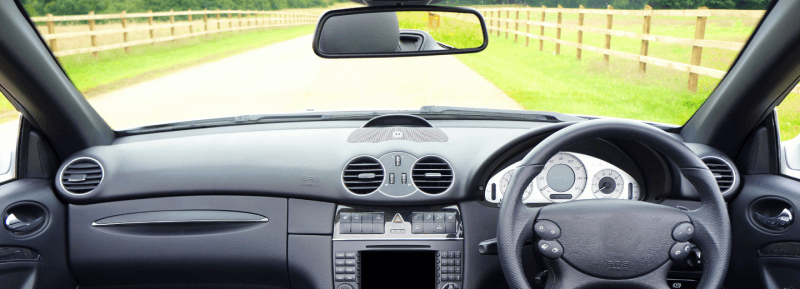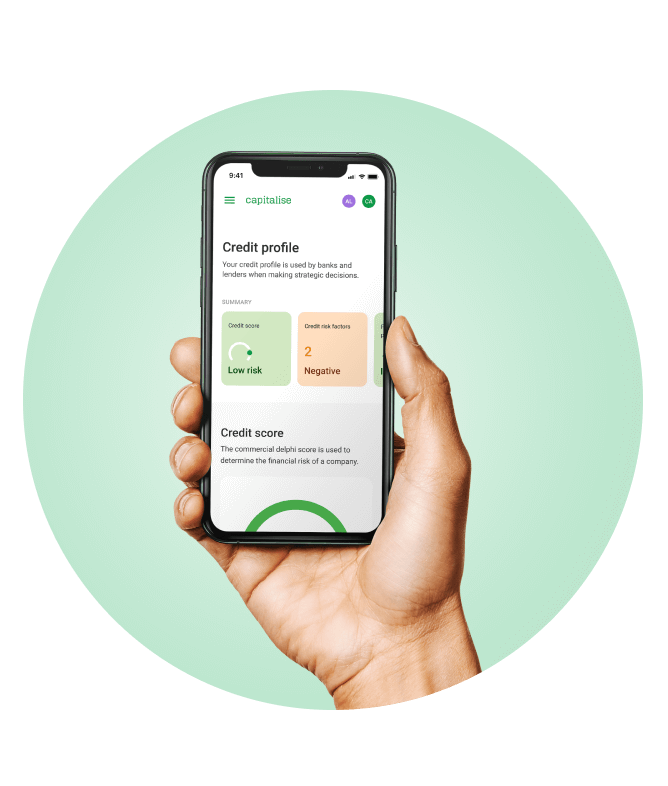
ASSET FINANCE - hire purchase
Business hire purchase
Compare business hire purchase lenders today.
We're ready to help.

Compare business hire purchase lenders today.
The upfront cost of purchasing new tools, machinery, vehicles and other assets for your business can put a strain on your cash flow. But if you choose to finance them using hire purchase, you can spread the cost of accessing these assets over an affordable number of months or years. You'll have full, unrestricted use of the asset as long as you keep up with your repayments and, once your final instalment has been made, you'll have the option to buy them.
A hire purchase agreement works by the lender buying the asset on behalf of your business. They will then charge you monthly repayments which are calculated using the initial cost of the asset, projected residual value and interest. The term is usually structured over 1-5 years, however some lenders may have varying and flexible terms.
At the end of the agreement, you'll have the option to buy the asset, or simply hand it back to the lender who’ll sell it on your behalf. In some instances, you may even receive a rebate on your payments depending on the final sale value of the equipment.
Here’s a step-by-step look at how hire purchase works:
Business hire purchase is an ideal choice if your business wants to acquire an asset, but doesn’t have the full purchase price available in cash. You'll typically gain ownership of the asset upon the hire purchase agreement's completion. This makes it a great option if you want to customise an asset, or don’t want to have restrictions on its use, which you might have with a leasing agreement.
Additionally, since the asset serves as collateral, it can be easier for younger businesses or those without a good business credit score to obtain hire purchase financing compared to unsecured loans.
✅ Know your business credit score
✅ Understand the factors impacting it
✅ Alerts on risks to your profile
✅ All features from as low as £19/month

To help you estimate the costs involved in financing an asset using hire purchase, you can use our business loan calculator. This will take into account factors such as the asset’s purchase price, deposit amount, term length, and interest rate to provide an estimate of monthly repayments.
Hire purchase can be used to fund almost any asset purchase for your business.
Some common examples include vans, cars, electric vehicles, plant and machinery.
Vans are indispensable for businesses involved in logistics, transportation, and delivery services. With hire purchase, your business can acquire vans while spreading the cost over manageable monthly instalments, ensuring smooth operations without significant upfront investment.
If your business requires vehicles for corporate use, sales teams, or executive transportation, car hire purchase offers an accessible financing solution.
With the UK having a Net Zero target by 2050, businesses are increasingly focusing on sustainability, making electric vehicles (EVs) a popular option. With hire purchase, your business can transition to electric fleets, benefiting from lower operating costs, reduced emissions, and potential tax incentives, while spreading the cost over time.
There are a number of specialist lenders that can provide you with hire purchase agreements to fund your vehicle or asset purchase.
At Capitalise, we work with 100+ UK lenders. This means you can use Capitalise to find, compare and apply for hire purchase with multiple lenders, all in one application. When you search for funding with Capitalise, you’ll receive support from a dedicated funding specialist who’ll work closely with you to understand your business needs and help you find a business hire purchase provider that works best for you. Just sign up for free to get started.
Business contract hire involves leasing a vehicle for an agreed period, with fixed monthly payments and no ownership of the vehicle at the end.
Hire purchase, on the other hand, allows your business to purchase an asset through instalment payments, with ownership transferring upon completion of payments.
Here are some of the key differences between business hire purchase and leasing:
Ownership: With hire purchase, you'll own the asset eventually; with leasing, you won't.
Payments: Hire purchase pays off the full value; leasing pays for the use.
Depreciation: Hire purchase bears risk; leasing often shifts it to the lessor.
Flexibility: Leasing offers more options for terms and end-of-lease choices.
Which is right for your business could depend on a variety of factors, such as how quickly you’d like to upgrade your asset. You can find out more about whether financing or leasing is best for your business in this article.
Your business might opt for hire purchase when you want eventual ownership of an asset and prefer spreading the cost over time through fixed monthly payments. It's suitable for acquiring essential assets like vehicles, machinery, or equipment while preserving capital and enjoying potential tax benefits.